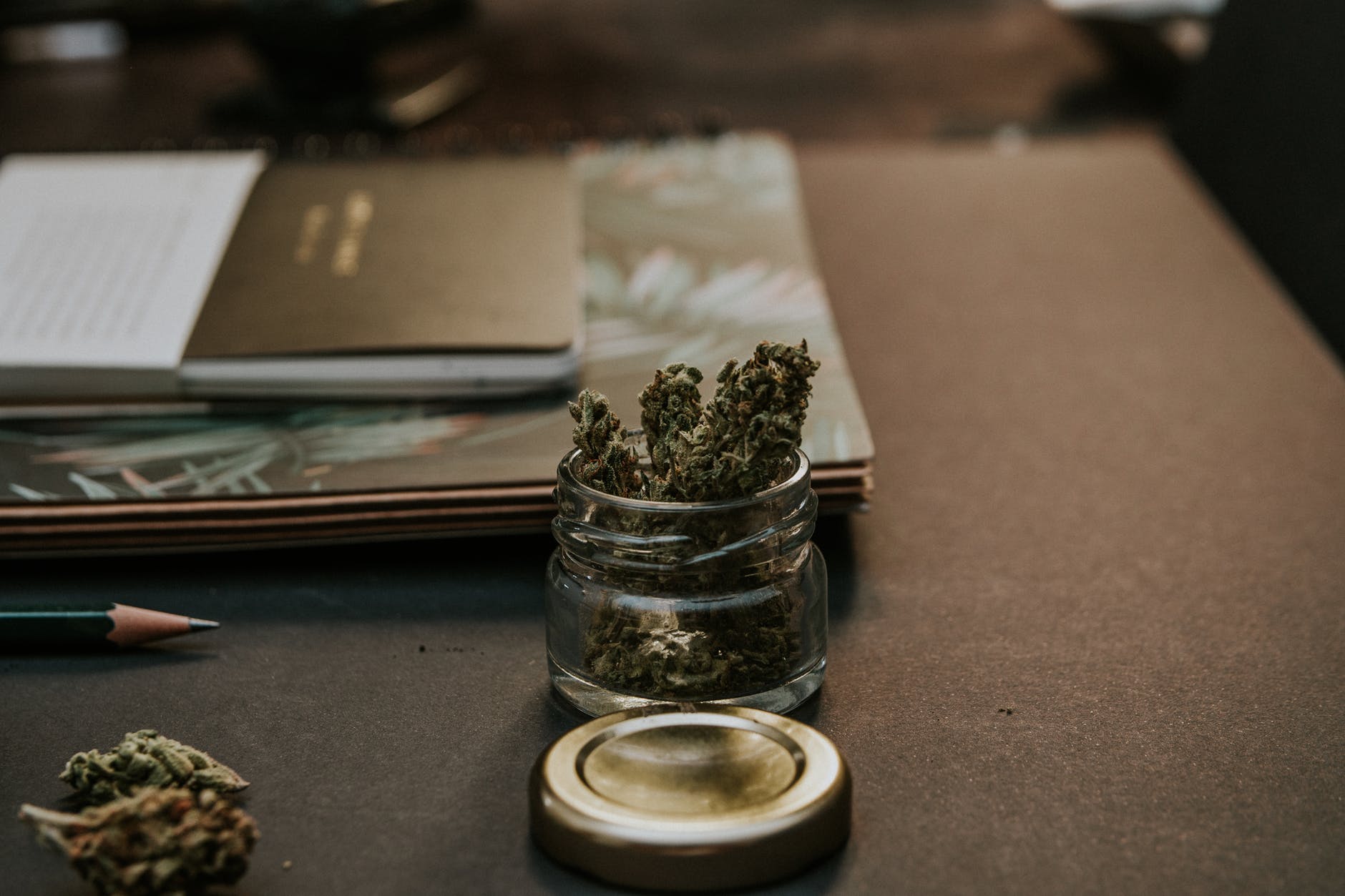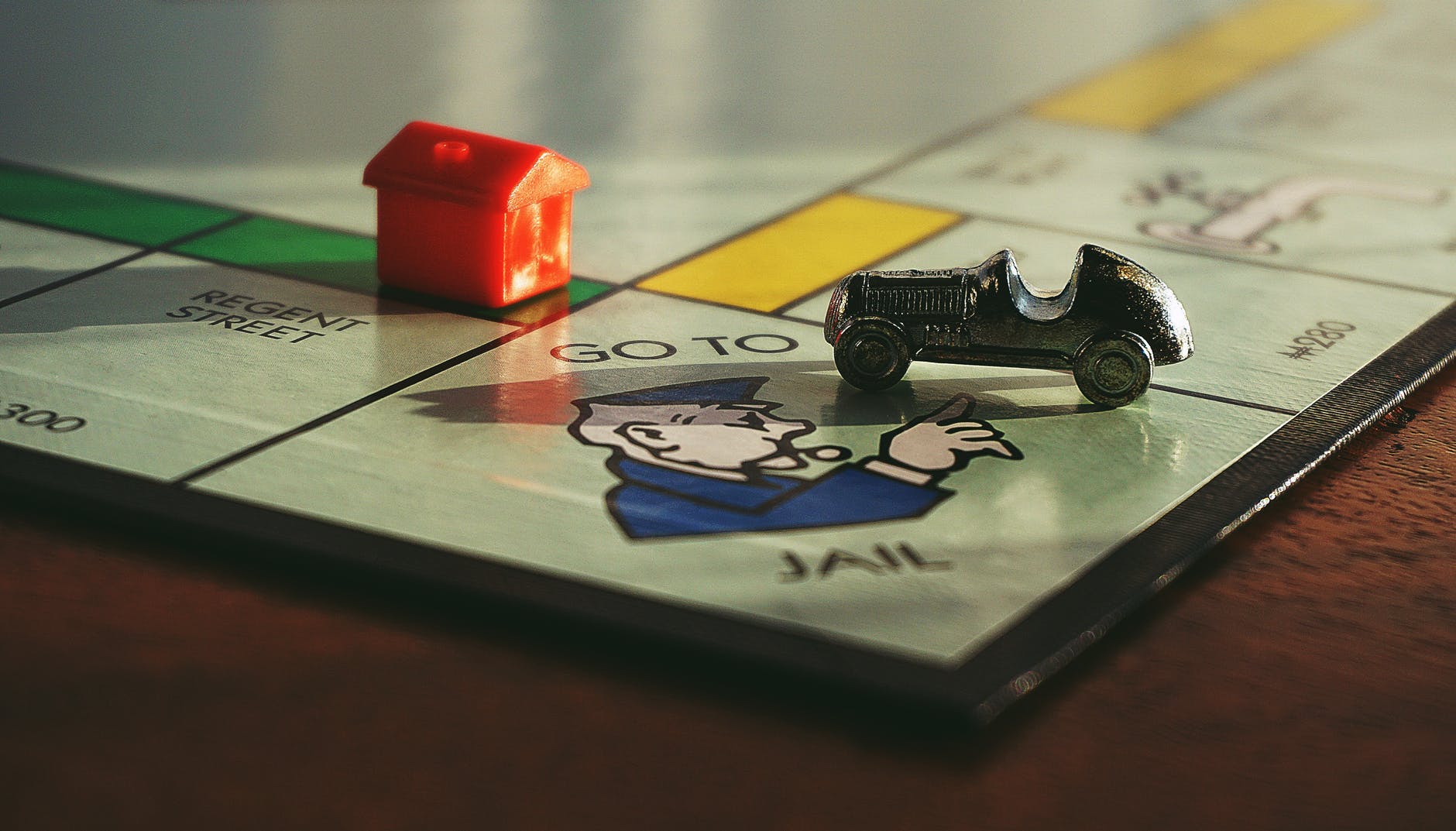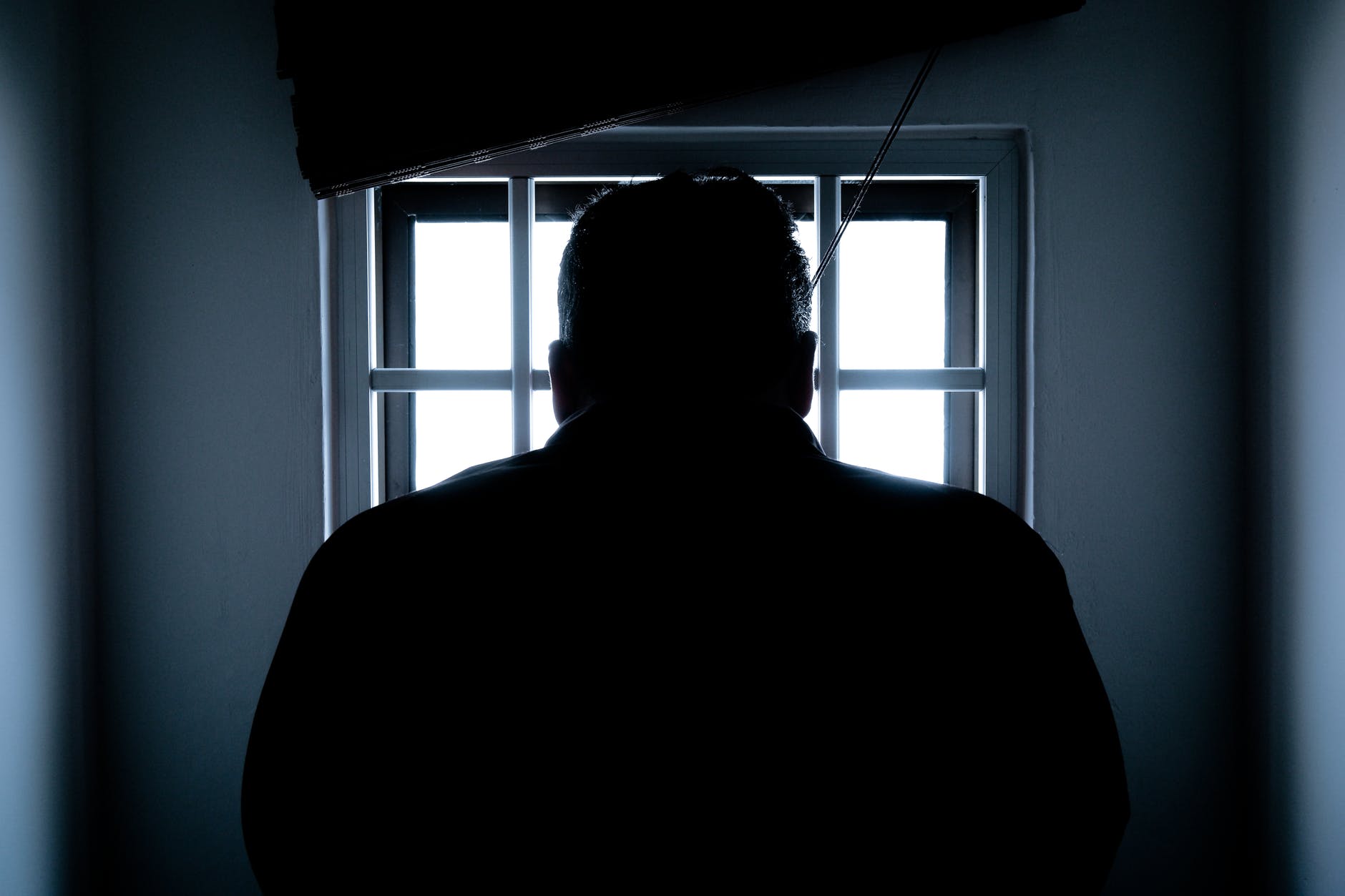What is a Felony?

We all know that felonies are the worst of the worst. There are little crimes, misdemeanors, and tickets you can get, but having a felony on your record is considerably more serious. There are quite a few crimes that qualify, as well as possible punishments that come with them. It’s important to be completely aware of the law, your rights even if you do commit a felony, and what life looks like following a felony charge.
Difference Between Misdemeanors and Felonies
One of the major differences is in the type of imprisonment you can face. Most of the time, a misdemeanor will come with a fine or time in a jail. However, felonies will often land you in a federal prison. The time you’ll have to serve is also significantly longer for a felony, and it is always at least a year. Finally, consequences even after you serve your time are much more long lasting for felonies than for misdemeanors.
Types of Felonies
Felonies can be broken up into three main categories: Drug & Alcohol Crimes, Property Crimes, and Violent Crimes. Within these, there are dozens of crimes you can be charged with, and they all come with different consequences. Familiarize yourself with what’s considered a felony so you can best avoid committing one. These are the main crimes that result in a felony charge, but they may differ from state to state.

Drug & Alcohol Crimes
These obviously involve illegal substances and being under the influence of alcohol, which is going to differ state by state. This is a pretty wide category though, as it could involve anything from being caught distributing marijuana, driving dangerously while on prescription medication, or underage drinking. The amount that is found on you or in your system is pretty detrimental to how severe your punishment is going to be, so be aware of the legal limit in your state. Here are some of the specific crimes involved with drug and alcohol felonies.
Possession of a Controlled Substance -This a charge of simply having illegal drugs or certain prescription drugs without a doctor’s valid prescription. Usually what makes this a felony versus a misdemeanor is the amount in possession. It will also depend on how serious of a drug it is. For example, meth or cocaine may be more likely to result in a felony than marijuana.
Distributing Drugs – Obviously selling illegal drugs, or even legal drugs without the proper licensing, is going to get you in trouble. However, this is a more serious penalty that simply possessing drugs. Additionally, it doesn’t have to just be selling drugs; if you’re caught with a large enough quantity, police may assume you had the intention to sell, leading to a felony charge as well. A charge for distributing drugs can come whether it’s in person, by mail, without charge, simply advertised, coordinated, or used in any kind of transportation.
Driving Under the Influence – Sometimes this will be a misdemeanor. However, if the amount of drug or alcohol in the system is particularly high, or if this isn’t the first DUI charge, it’s more likely to be a felony. It’ll also lean towards a felony if someone is injured or killed as a result of the driving, they don’t have a valid license, or they have children in the car.
Trafficking Drugs – This is probably the most escalated of the felonies involving drugs. This doesn’t necessarily involve selling drugs, but more the transportation of drugs. It’s often going to be over state or country lines. Again, this is a felony that is going to vary based on the amount and type of drug that’s being trafficked.

Violent Crimes
Violent crimes aren’t just hurting someone on purpose. It can also include threatening to hurt someone, or even doing something that endangers someone unintentionally. At the very least, these crimes look at a year in prison, as these court cases are taken more seriously than even its fellow felonies.
1st Degree Murder – This is premeditated and deliberate murder.
2nd Degree Murder – A murder that happened in the moment and wasn’t planned out is 2nd degree.
Attempted Murder – As it sounds, this is when someone tries to kill someone but doesn’t succeed.
Voluntary Manslaughter – This is sort of a murder of passion, so to speak. Someone got caught up in the moment, got really upset, and killed someone.
Involuntary Manslaughter – Someone accidentally kills someone, but they were still in the wrong because of their negligence.
Rape – We all know rape is nonconsensual sex, but some don’t know all of the cases in which it is considered rape. It isn’t always forceful, but also includes coercion or threatening and being able to consent (involving being conscious, sober, and intellectually and mentally sound).
Assault, Battery, and Domestic Violence – This is any case of someone hurting someone without their consent. Assault can be when even the mere threat of violence is present, while battery includes actually hurting someone. Abuse between partners or family is considered domestic violence.
Kidnapping in the First Degree – While kidnapping someone, they seriously harmed the victim.
Causing Bodily Harm Evading Police – This is pretty much what it sounds like. If your reckless behavior while trying to escape law enforcement causes you to harm someone in the process, you can be charged with a felony.
Threats – That’s right. If you give a threat that’s serious enough, you could be looking at a felony charge. It does have to be bodily injury specifically though.
Robbery – This is different from simple theft because this involves forcefully using a weapon to steal something.
Human Trafficking – This is more widely known as slavery, but a more modern form of it. People will traffic humans for labor or prostitution. This is an involuntary taking of someone, whether they were forced or coerced.
Child Pornography or Abuse – Child pornography is the possession, creation, or exchange of pornography involving children under the age of 18. This is also considered child abuse, but physically or emotionally abusing a child can also be a felony.

Property Crimes
Destroying or stealing someone’s property can become a felony charge. These charges generally aren’t going to have force because otherwise they’d be a violent crime charge. What makes the difference between misdemeanor property crimes and felony crimes is typically the value of what is stolen or how destructive it is. Other property crimes not listed below include bank fraud, embezzlement, credit card fraud, forgery, and health care fraud.
Burglary – This involves going inside of a building or home to steal something without permission. This doesn’t include if you’re stealing something from a store or other place that people are welcome to come in and out of; however, force doesn’t have to be used to consider it a burglary.
Larceny-theft – Larceny is stealing something without using force to get it. This charge can also come from simply an attempt of theft, and it can include creative property.
Motor Vehicle Theft – Obviously this is stealing any type of car, truck, bus, or anything else that travels by land.
Arson – If either you burn or attempt to burn someone’s property, you can be charged with arson. It’s a little more difficult to charge these ones because it has to be proven that the fire or attempted fire was intentional.

Felony Degrees and Classes
Felonies within the states are sorted by First, Second, Third, and Fourth Degrees, and federal felonies – along with some states – use Classes A-E, which correspond with the state degrees. The classes determined by federal felonies are going to carry heavier sentences than state charges. The degrees all decrease in severity by the number, and the more severe degrees have much higher consequences.
First-degree Felony
This category includes the most severe crimes, such as:
- Murder
- Rape
- Kidnapping
- Arson
- Fraud
Prison time for these on a state level, usually not including murder charges, will range from 3-11 years and can also include a fine of $20,000 or more.
Second-degree Felony
Second-degree felonies crimes include:
- Aggravated assault
- Arson
- Voluntary manslaughter
- Possession of a controlled substance
- Child molestation
These crimes come with 2-8 years in prison and a fine somewhere between $15,000 and $20,000.
Third-degree Felony
These felonies can be:
- Assault and battery
- Elder abuse
- Driving under the influence
- Fraud
- Arson
This charge faces 9 months to 5 years and a fine of $10,000-$15,000.
Fourth-degree Felony
Fourth-degree felonies can range from these crimes:
- Involuntary manslaughter
- Burglary
- Larceny
These lesser felonies carry prison sentences from 6 to 18 months, as well as a fine ranging from $5,000 to $10,000.
Federal Class Charges
All federal felony charges can be accompanied with a fine of up to $250,000, probation, and parole.
Class A – The prison sentence associated with this class can be life in prison or even death.
Class B – Having a Class B felony carries a sentence of 25 years or more in prison.
Class C – This felony carries a prison sentence of 10-25 years.
Class D – 5 to 10 years can come with this charge.
Class E – Finally, this lesser charge will come with 1-5 years.

How do they determine a sentence?
While felonies are all serious crimes, there’s other aspects of the crime that can help the court decide what the sentence will be. The amount of harm done is one of the biggest aspects considered when deciding on a prison sentence and/or fine, and a use of a weapon often indicates harm occurred or was intended to occur. It’s particularly bad if an elderly person or child is involved as a victim of the crime. Although it may not be fair, sometimes the severity of a sentence will be influenced by the culture of the city or state, as some crimes are felt to be worse than others depending on the attitude of the community. Additionally, those who already have a track record will probably have less leniency in their sentencing. Finally, is someone is already on probation or parole, their punishment will probably be a little more harsh, as they were already supposed to be on their best behavior and have had a chance to prove themselves.
What Other Consequences are There?
Felons will find themselves not able to use their Fourteenth Amendment rights, which is what gives them the right to vote. This includes their right to hold or run for public office, as well as to serve on a jury. They also cannot get some types of official documents, such as a visa or professional licenses.
Those with a felony conviction also cannot purchase, own, or even use any type of firearm. They cannot qualify for government assistance any longer, including welfare. Non-citizens that commit felonies also face the risk of being deported to their home country. Finally, a felony stays on record for seven years in some states and forever in others. While employers are not allowed to discriminate based on a felony charge, it will become harder to find a job, as there tends to be a prejudice. All of these consequences go to show that even after serving a sentence, someone with a felony on their record will still face the consequences for years to come.

Probation and Parole
Upon serving a sentence, a felon will usually have to be put on probation following their release. This means that they are not completely released to be free. They must follow a certain set of rules and check in with a probation officer often. Other terms include holding a job, not using illegal substances or alcohol along with testing, performing community service or other forms of restitution, not leaving the state, obeying absolutely all laws, avoiding other felons or people/places that may lead to negative behavior, and attending court when necessary. The time on probation will vary based on the crime committed, amount of time served, and behavior in prison. A violation of probation can lead to fines, jail time, or even having probation revoked.
Parole is when a felony committer is released from prison early on a condition. It usually means that they had good behavior in prison and have been deemed capable of rejoining the community before serving their full sentence. They must follow similar rules to those on probation and check in with their parole officer often. If not, they run the risk of being sent back to prison, perhaps with a longer sentence.
Felony Expungement
This is the process of having a felony charge removed from someone’s record. This means that the general public cannot and has no right to know that there was ever a felony charge in the first place. This obviously cannot take back any sentence served, but it can at least make a difference for the reputation of an individual wrongfully charged of a felony.
The process involves filing a motion with the court, providing evidence of your innocence, and presenting your case by testifying in court. This is definitely an act that benefits greatly from a lawyer’s expertise. Depending on how much you liked your lawyer for your felony charge, you may want to use the same one, as it can benefit to have someone familiar with the case. However, it can also help to have a set of fresh eyes in an attempt to find something a previous lawyer may have missed.
Some other options are seeking a pardon or clemency. It may also be helpful to know that felonies don’t appear on a background check after seven years in most states.

Participants in a Felony
It isn’t always the person who commits a felony that is the only one punished. Participants in a felony can be divided into these categories:
First-degree Principals – The person committing the felony.
Second-degree Principals – Anyone involved in aiding the first-degree principal in completing the crime.
Accessories Before the Fact – Anyone that helped the felony happen, whether by assisting in planning or prior arrangements.
Accessories After the Fact – Those who help in the escape or any other acts following the felony.

Felonies are the worst of the worst crimes. They often involve violence, harm to other people, or drug use and possession. There is a wide variety of crimes that can be considered a felony, and they all carry their share of fines and prison time correlating to the severity of the crimes. Those involved in a crime, not necessarily the one committing it, can also suffer severe consequences for their actions as well. Felonies generally come with over a year of prison time all the way up to life in prison or even death, followed by probation or parole to help the felon readjust to the community.
However, consequences of a felony conviction can remain long after the sentence has been fulfilled. After seven years, those that have been charged with a felony may find themselves having an easier life once the felony has been removed from their record, but until then, there are a lot of difficulties that they may find themselves in, including a loss of rights, having a hard time finding employment, or even avoiding friends and family that are felons themselves. These severe crimes come with severe punishments, ensuring the justice and protection of all citizens.



